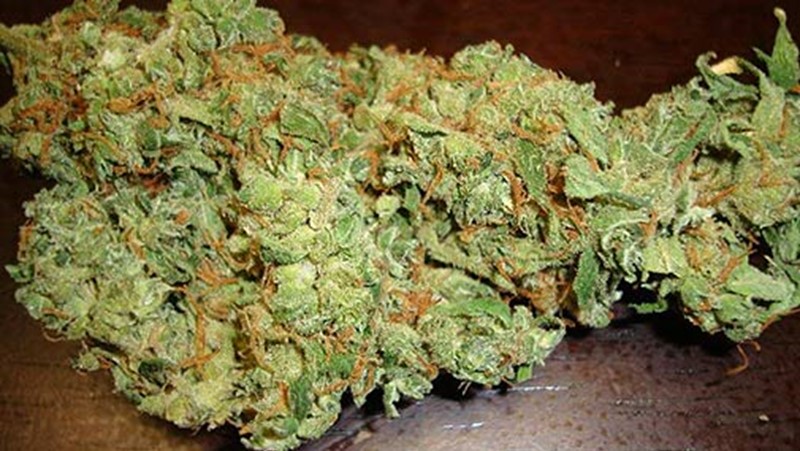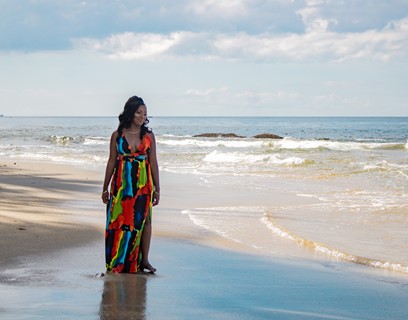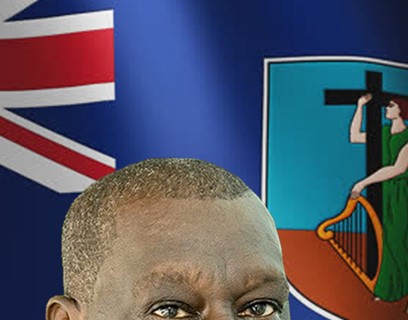
Caribbean governments are being warned to proceed with an abundance of caution in relation to the decriminalisation and legalisation of marijuana. The call was made by one of the respected medical associations in the region, the Caribbean Public Health Agency (CARPHA), during the State of the Industry Conference now under way in the US Virgin Islands.
In a televised presentation to delegates at the annual conference yesterday, head of CARPHA, Dr C James Hospedales, declared that Caribbean governments should "proceed with an abundance of caution, given the significant adverse effects of cannabis smoking on health and social and occupational functioning, and especially so among youth".
He also argued that even the Dutch have been pulling back from some of their liberalised approaches with respect to marijuana.
The CARPHA executive's proclamation did not go down well with US Virgin Islands senator Terrence 'Positive' Nelson, himself a Rastafarian.
Nelson believes it is time CARICOM "adopt" marijuana as a Caribbean commodity that markets itself to the world. He argued that informally, the Rastafarian community in Jamaica played a key role in terms of the country's tourism offering. He pointed out that if ganja smoking was legal, more people would come to the Caribbean for the weed.
MAJOR LEGAL SUBSTANCE ABUSE
Hospedales said the region already has two major legal substances-abuse concerns - alcohol and tobacco - which cause a tremendous amount of harm. "In the case of the latter, it is harmful when used as directed, and in all its forms, hence the Framework Convention on Tobacco Control."
He noted that many different types of public-health and scientific studies clearly demonstrate significant adverse effects of cannabis smoking on physical and mental health, as well as its interference with social and occupational functioning.
According to him, these negative data far outweigh a few documented benefits for a limited set of medical indications, for which safe and effective alternative treatments are readily available.
"If there is any medical role for cannabinoid drugs, it lies with chemically defined compounds, not with unprocessed cannabis plant," Hospedales said.
On the question of decriminalisation of the weed, he flatly disagreed, stating that this would result in significant neurologic, cognitive, behavioral, and physical consequences of short- and long-term marijuana use, which are well known.
"These include negative effects on short-term memory, concentration, attention span, motivation, and problem solving, which clearly interfere with learning."
There are adverse effects, he said, on coordination, judgment, reaction time, and tracking ability, which contribute substantially to unintentional deaths and injuries among adolescents (especially those associated with motor vehicles); and negative health effects with repeated use similar to effects seen with smoking tobacco.


